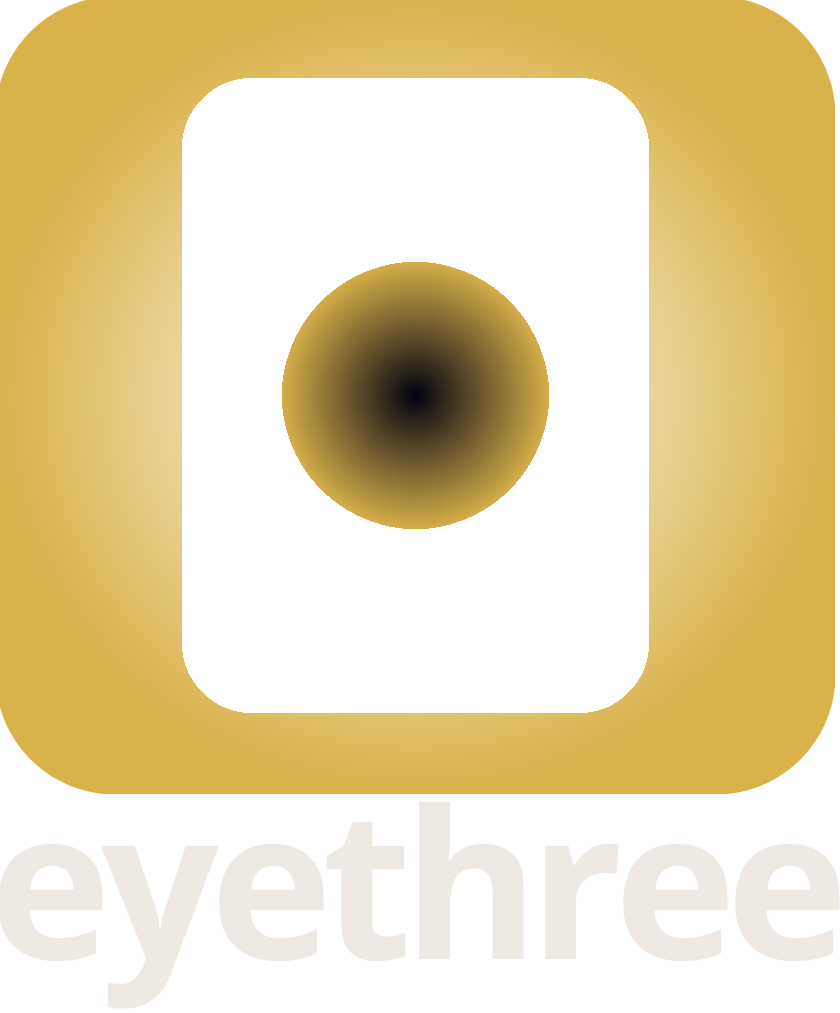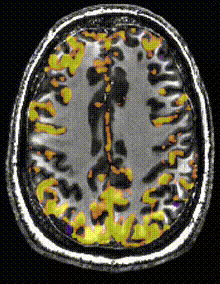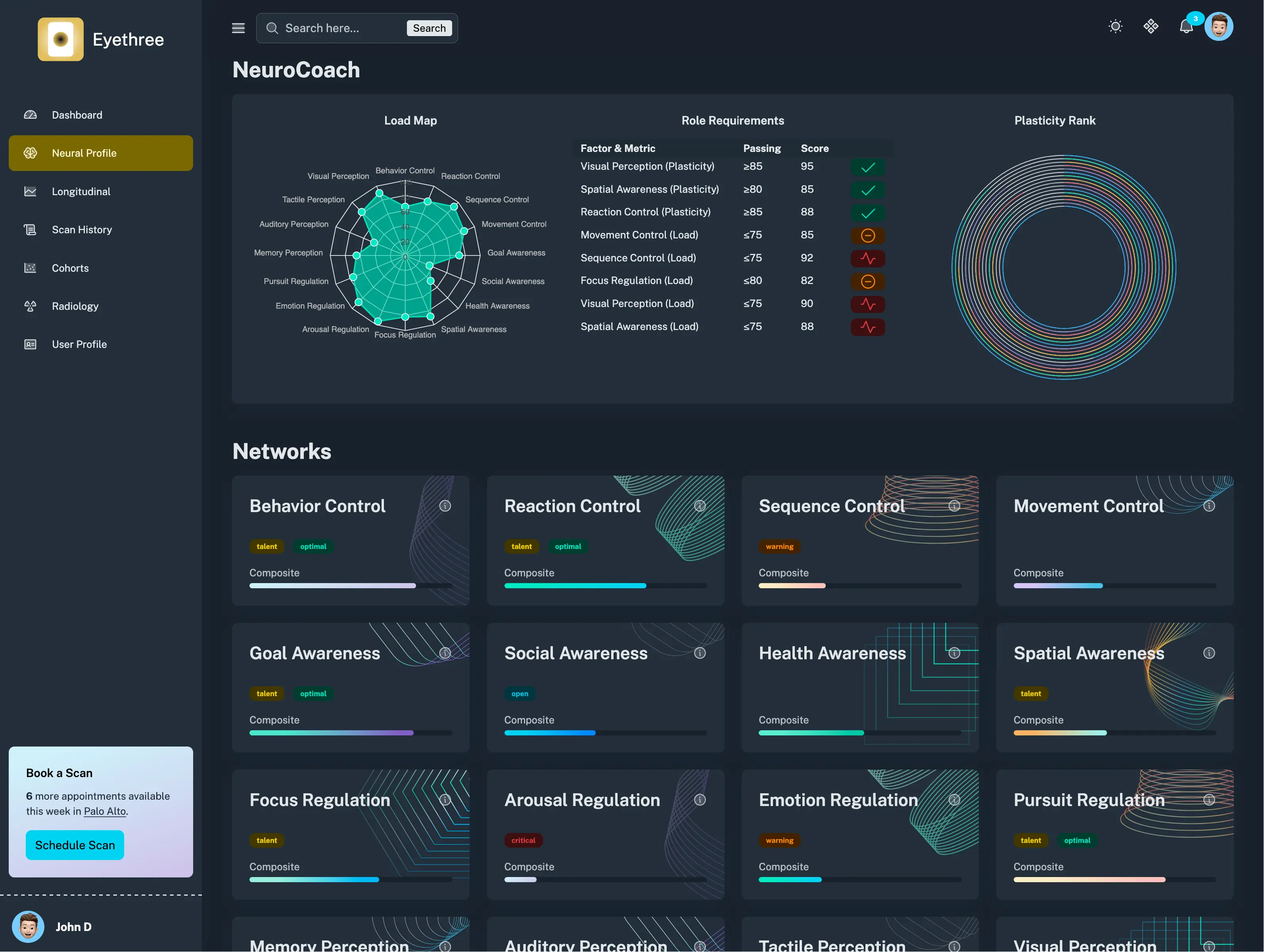
Driving human capability
with personalized neuroscience
Revolutionary insights for performance, wellness, and beyond
Neuroplasticity: Your Brain’s Self-Improvement Engine
EyeThree measures your brain’s neuroplasticity – its capacity to learn, reorganize, and evolve – revealing how you truly perform under stress, challenge, and daily life

Unlock the Value of Your Mind with E3Profile
Concrete, Actionable Brain Insights in a Self-Access User Portal

Why E3Profile?
You Own Your Data
Your brain metrics stay private, we simply help you interpret them
A Unique Advantage
Be more competitive by knowing yourself like never before
A 15-minute MRI Scan
Precise brain measurements with no radiation or health risks
Real, Actionable Insights
Our AI-driven portal translates neural data into understandable takeaways
Compare Results Over Time
See how your brain adapts and evolves with each follow-up scan as part of your wellness or cognitive program
Secure
We treat your brain data like our brain data. HIPAA compliant secure infrastructure.
Measure and Develop
See how your neuroplasticity changes over time, get personalized AI-driven guidance, and reshape your daily performance goals.
Leadership
Self-Control, Attention, Abstract Reasoning
Teamwork
Emotional Control, Empathy, Communication
Sustainability
Balance, Health, Pacing
Engagement
Awareness, Goal Setting, Visual Skills
How it Works
A 15-minute scan for whole-brain neuroplasticity insights
Schedule
Contact our concierge team to book a scanning appointment near you
Scan
On the day of the visit, undergo our 15-minute scan (booked in 30-minute slots)
Access
Access your personalized brain insights from your PC, phone, or tablet

Read the Latest from Eyethree
Our blog is hosted on Substack, where you’ll find all of our latest articles. Read more
Why measuring your brain's capacity for change is the next frontier in human performance
11 min read
Giving individuals the tools to measure and understand their own brains
6 min read
Get in touch!
Interested in exploring your brain’s potential—or partnering with EyeThree to offer next-level performance insights?
We’d love to hear from you. Fill out the short form to the right, and we’ll reach out soon to start the conversation